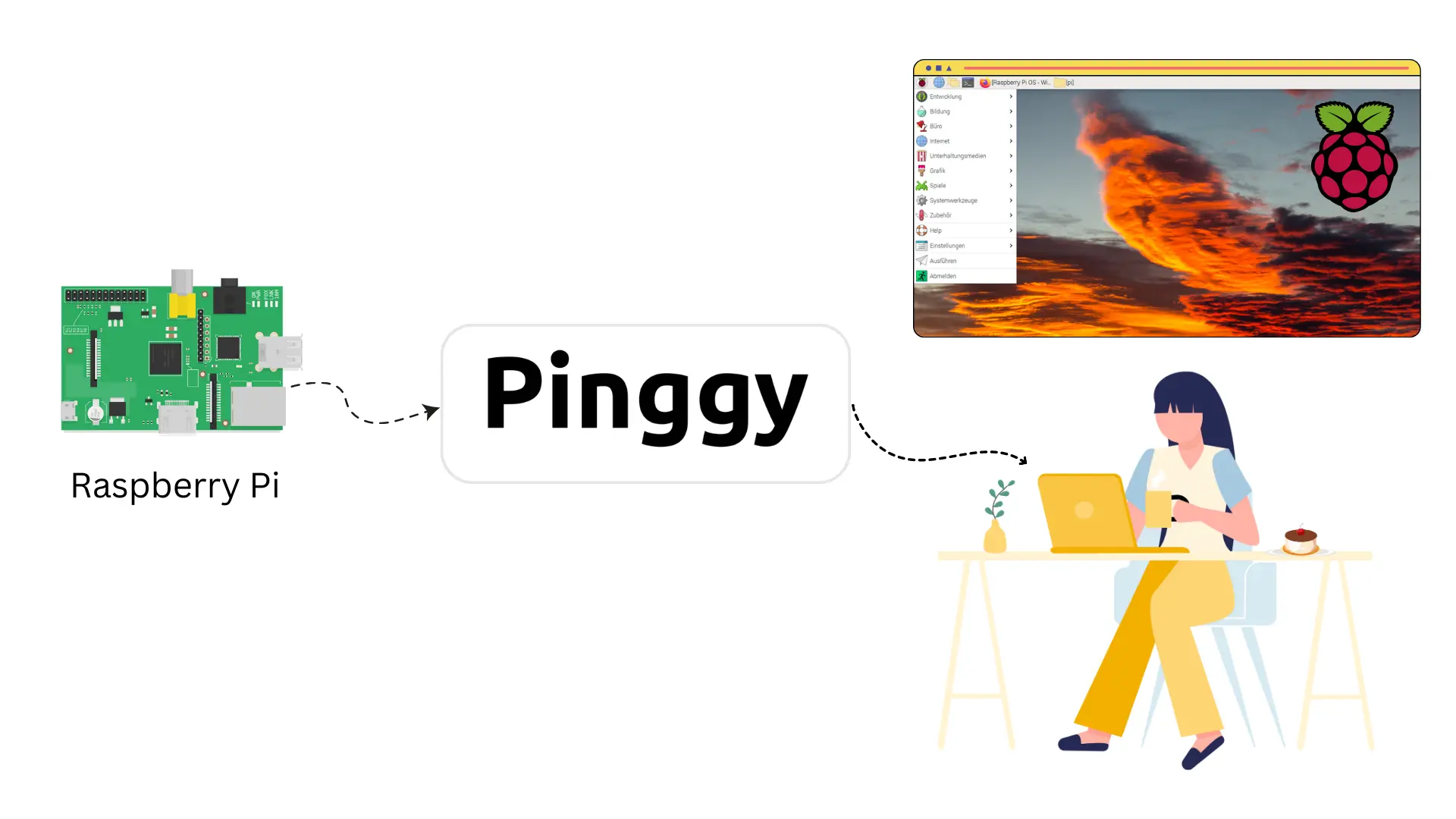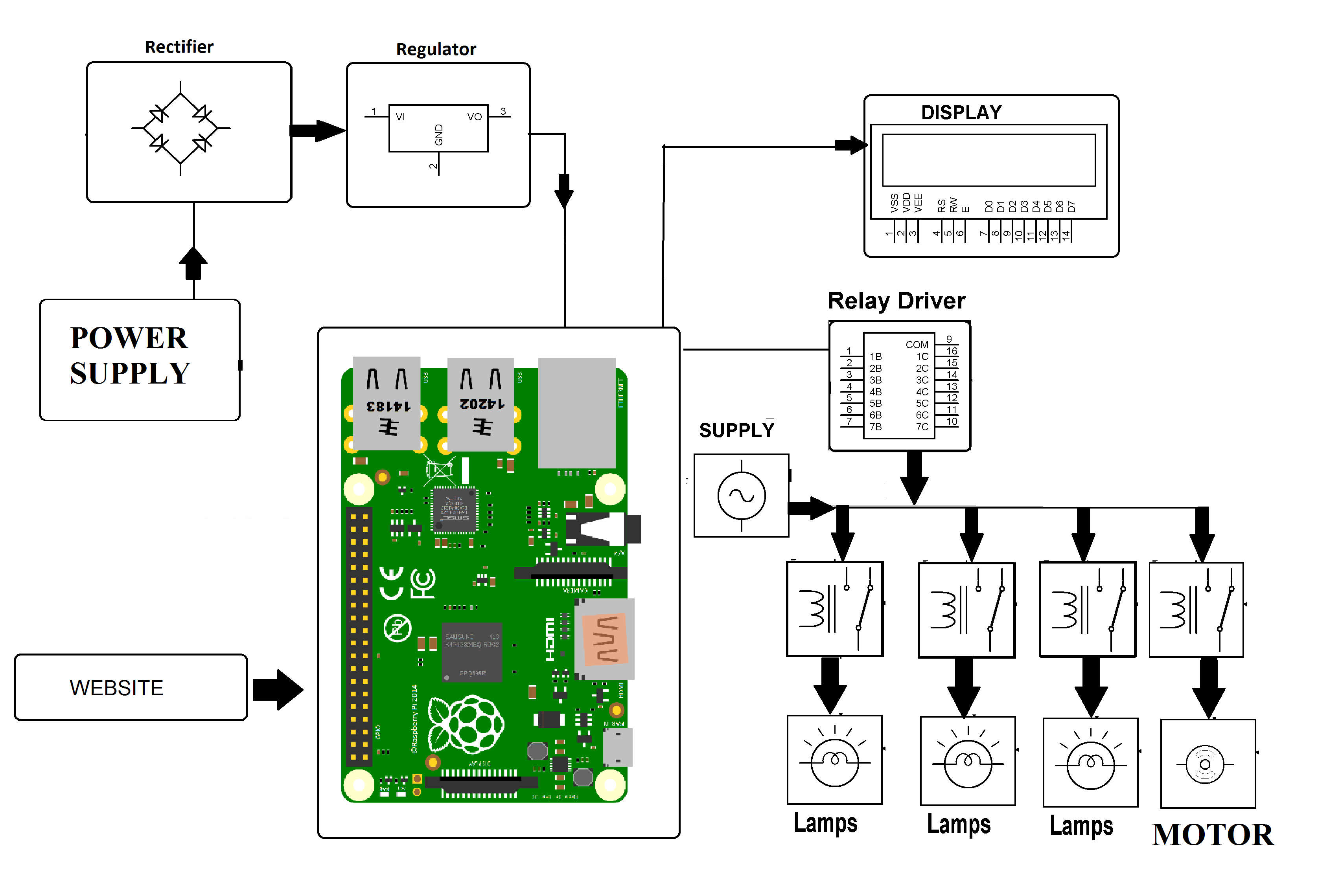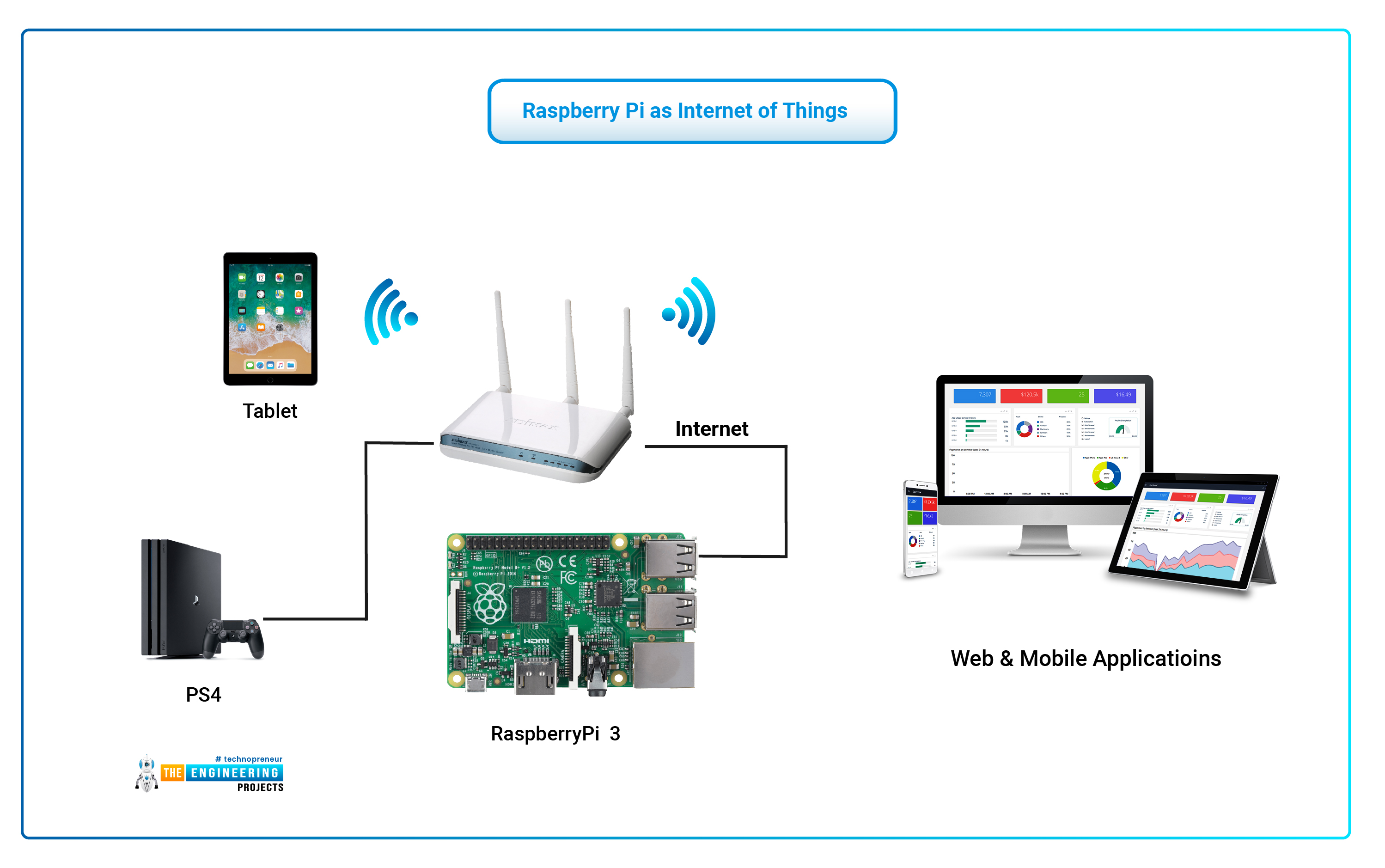Hey there, tech enthusiasts and DIY wizards! If you're diving into the world of IoT (Internet of Things), you've probably heard about Raspberry Pi and how it’s taking the tech scene by storm. But here's the deal—choosing the best remote IoT platform for Raspberry Pi can feel like trying to pick a needle outta a haystack. With so many options floating around, it’s easy to get lost in the chaos. So, let’s break it down and find out what makes one platform better than the rest.
First things first, why should you even care about remote IoT platforms? Well, imagine being able to control your smart home devices from anywhere in the world. Or maybe you're working on a project that requires real-time data collection and analysis. A solid remote IoT platform for Raspberry Pi can turn these ideas into reality without making you pull your hair out.
Now, before we dive deep into the nitty-gritty details, let me tell you something important. This article isn’t just another listicle. We’re going to explore the ins and outs of the best remote IoT platforms, what they offer, and why they matter. By the end of this, you’ll have enough knowledge to make an informed decision. Sound good? Let’s roll!
Here’s a quick guide to help you navigate through this article:
- What is IoT and Why Does It Matter?
- Raspberry Pi Basics: Why It’s Perfect for IoT
- Choosing the Right Remote IoT Platform
- Top Remote IoT Platforms for Raspberry Pi
- Comparison: Which One Stands Out?
- Security Considerations You Can't Ignore
- Cost Factors: What’s in Your Budget?
- Community Support: The Hidden Gem
- Real-World Applications of IoT on Raspberry Pi
- Final Thoughts: Which Platform Should You Pick?
What is IoT and Why Does It Matter?
Alright, let’s start with the basics. IoT, or Internet of Things, is basically the concept of connecting everyday devices to the internet so they can communicate and share data. Think of it like giving your toaster a brain and a Wi-Fi connection. Suddenly, it’s not just a toaster—it’s a smart toaster that knows when your bread is perfectly golden.
But why does IoT matter? Well, it’s transforming industries and our daily lives in ways we never imagined. From smart homes to industrial automation, IoT is everywhere. And guess what? Raspberry Pi plays a huge role in this revolution.
How IoT Works
IoT systems typically consist of three main components: sensors, connectivity, and data processing. Sensors collect data, connectivity sends that data to the cloud or a central hub, and data processing turns it into actionable insights. Simple, right? Well, kinda. The devil’s in the details, but that’s the gist of it.
Raspberry Pi Basics: Why It’s Perfect for IoT
Now, let’s talk about the star of the show—Raspberry Pi. This little board might look unassuming, but don’t let its size fool you. Raspberry Pi is a powerhouse when it comes to IoT projects. It’s affordable, versatile, and has a massive community backing it up.
Here are a few reasons why Raspberry Pi is perfect for IoT:
- Low cost and easy to set up
- Supports multiple programming languages
- Highly customizable
- Wide range of add-ons and accessories
Plus, it’s compatible with tons of remote IoT platforms, which brings us to our next section.
Choosing the Right Remote IoT Platform
Choosing the right remote IoT platform for Raspberry Pi can be overwhelming, but it doesn’t have to be. Here are some factors to consider:
Key Features to Look For
- Scalability: Can the platform grow with your project?
- Security: Does it offer robust security features?
- User Interface: Is it easy to use and navigate?
- Integration: Does it integrate well with other tools and services?
These are just a few things to keep in mind, but they can make a big difference in the long run.
Top Remote IoT Platforms for Raspberry Pi
Now, let’s get to the good stuff. Here are some of the best remote IoT platforms for Raspberry Pi:
1. Adafruit IO
Adafruit IO is a cloud-based IoT platform that’s super easy to use. It’s perfect for beginners who want to dive into IoT without getting bogged down by complex configurations. Plus, it integrates seamlessly with Raspberry Pi.
Key Features:
- Drag-and-drop dashboard builder
- Real-time data visualization
- Support for multiple devices
2. Losant
Losant is another great option for Raspberry Pi projects. It offers a robust set of features and is highly scalable, making it ideal for both small and large projects.
Key Features:
- Workflows for automating tasks
- Customizable dashboards
- Support for edge computing
3. ThingsBoard
ThingsBoard is an open-source IoT platform that gives you full control over your projects. It’s a bit more advanced than some of the other options, but it’s worth the effort if you want a highly customizable solution.
Key Features:
- Real-time telemetry data
- Rule engine for automation
- Support for multiple protocols
Comparison: Which One Stands Out?
Now that we’ve looked at a few options, let’s compare them side by side:
| Platform | Best For | Pros | Cons |
|---|---|---|---|
| Adafruit IO | Beginners | Easy to use, great community support | Limited scalability |
| Losant | Intermediate users | Highly scalable, powerful workflows | Steeper learning curve |
| ThingsBoard | Advanced users | Highly customizable, open-source | Requires more setup |
As you can see, each platform has its own strengths and weaknesses. The best one for you depends on your specific needs and skill level.
Security Considerations You Can't Ignore
Security is a big deal when it comes to IoT, especially if you’re controlling devices remotely. Here are a few tips to keep your projects safe:
- Use strong passwords and enable two-factor authentication
- Keep your firmware and software up to date
- Encrypt your data whenever possible
Remember, a single security breach can ruin your project and compromise your data. So, don’t skimp on security measures.
Cost Factors: What’s in Your Budget?
Let’s talk money. Some platforms offer free tiers, while others require a subscription. Here’s a breakdown of the costs:
Adafruit IO
Adafruit IO offers a free tier that’s great for small projects. If you need more features, you can upgrade to a paid plan starting at $10/month.
Losant
Losant offers a free tier with limited features. For larger projects, you’ll need to upgrade to a paid plan starting at $25/month.
ThingsBoard
ThingsBoard is open-source, so there’s no subscription fee. However, you’ll need to invest time and resources into setting it up and maintaining it.
Community Support: The Hidden Gem
One of the best things about Raspberry Pi is its massive community. Whether you’re stuck on a problem or just want to bounce ideas off someone, there’s always someone willing to help. Platforms like Adafruit IO and Losant also have active communities where you can find tutorials, tips, and tricks.
Don’t underestimate the power of community support. It can save you hours of frustration and help you take your projects to the next level.
Real-World Applications of IoT on Raspberry Pi
Okay, so we’ve talked about the platforms, but what can you actually do with them? Here are a few real-world applications:
- Smart home automation
- Environmental monitoring
- Industrial automation
- Agricultural monitoring
These are just a few examples, but the possibilities are endless. With the right platform and a bit of creativity, you can build anything from a smart garden to a fully automated factory.
Final Thoughts: Which Platform Should You Pick?
So, there you have it—a comprehensive guide to the best remote IoT platforms for Raspberry Pi. Whether you’re a beginner or an advanced user, there’s something out there for everyone.
Here’s a quick recap:
- Adafruit IO is great for beginners
- Losant is perfect for intermediate users
- ThingsBoard is ideal for advanced users
Before you make a decision, consider your skill level, project requirements, and budget. And don’t forget to prioritize security and community support.
Now, it’s your turn. Which platform are you going to try? Let me know in the comments below. And if you found this article helpful, don’t forget to share it with your fellow tech enthusiasts. Happy building, and see you in the next one!



Detail Author:
- Name : Dr. Wanda Metz
- Username : ashton80
- Email : miller.bergnaum@schmeler.com
- Birthdate : 1992-06-01
- Address : 948 Anya Point Chaimburgh, TN 69625-9889
- Phone : +1 (580) 790-7807
- Company : Mills Inc
- Job : Agricultural Crop Worker
- Bio : Rerum optio aut praesentium omnis praesentium nisi. Sit qui voluptatem aut est incidunt aut incidunt ad. Aliquid dolores facilis aut quia magni labore commodi aperiam.
Socials
instagram:
- url : https://instagram.com/oberbrunnerl
- username : oberbrunnerl
- bio : Aut aut consequatur aut sapiente ducimus veniam. Necessitatibus repudiandae reiciendis facilis.
- followers : 2610
- following : 2007
twitter:
- url : https://twitter.com/oberbrunner1998
- username : oberbrunner1998
- bio : Nisi voluptas ex ratione assumenda. Et quibusdam excepturi neque qui pariatur. Dolores commodi at et qui enim dolorum. Perferendis harum autem id.
- followers : 5754
- following : 1025
tiktok:
- url : https://tiktok.com/@oberbrunnerl
- username : oberbrunnerl
- bio : Repudiandae id ut odit et sint aperiam consequuntur.
- followers : 3903
- following : 2077